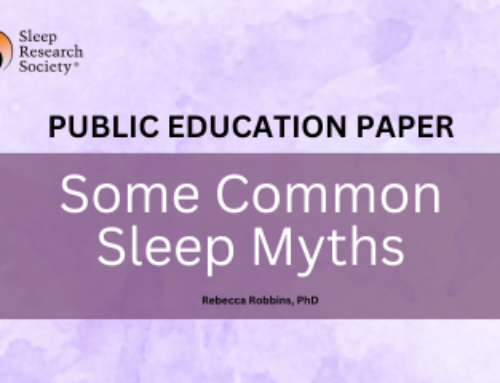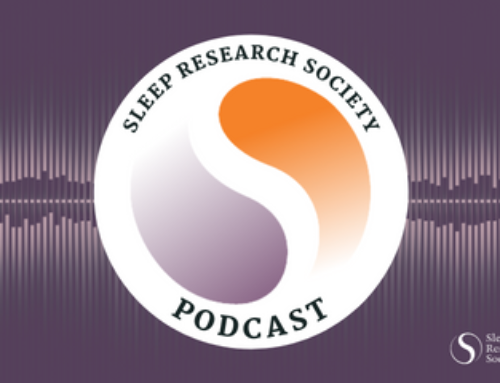This information is written for people who have to stay indoors for an extended period of time. If you are sleep deprived because of lack of opportunity to sleep (e.g., frontline health professionals, support workers, caregivers), please prioritize sleep and rest as much as you are able to.
Part 1: Support our body clock and daily rhythms
Sleep is controlled by biological, social, and environmental time-keepers. These include the light we are exposed to, time-of-the-day when we eat our meals, exercise, interact with others, and many more. When we stay indoors for a long period of time, we lose many of these cues. This can be challenging for a good night’s sleep and regular daily routines.
Part 2: Prevent and tackle signs of insomnia
Having some nights when you don’t sleep well during a stressful period is expected. The recommendations below can help prevent turning one night’s poor sleep into many nights of insomnia.






